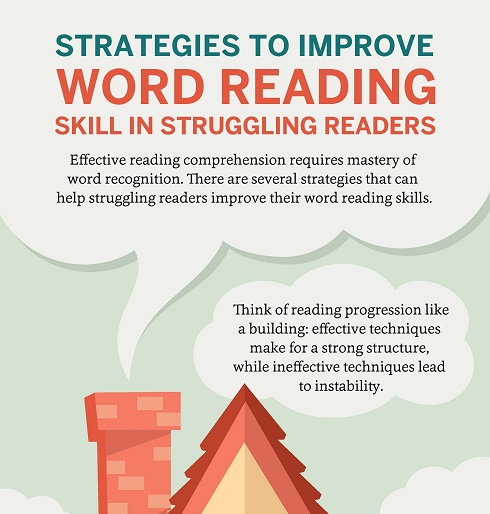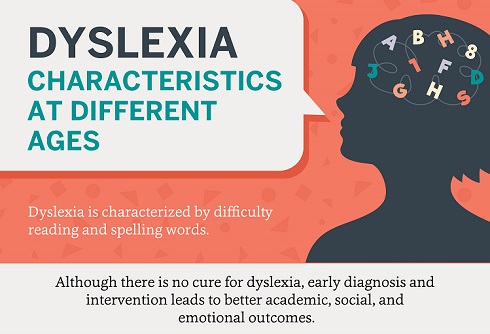(TOD®) Tests of Dyslexia Training
(TOD®) Tests of Dyslexia Training

-
 TOD Training Video ProgramFrom$350.00
TOD Training Video ProgramFrom$350.00 -
 Independent Study: TOD Training Video ProgramFrom$54.00
Independent Study: TOD Training Video ProgramFrom$54.00 -
 Independent Study: TOD ManualFrom$108.00
Independent Study: TOD ManualFrom$108.00
Agenda
The TOD Training courses are designed to be self-paced. You can start and stop as needed. When applicable, you must watch the videos in their entirety before taking the CE test. Please contact WPS for a detailed course outline/timed agenda for the specific course in which you plan to enroll.
Registration Cost, Discounts, and Course Materials
The cost of registration is listed in the product overview box. PowerPoint slides and/or any other materials associated with the event will be made available at the time of the event through WPS ProLearn.
Currently, we do not offer any discounts on WPS ProLearn products.
Registration and Confirmation
Customers will purchase their course on the WPS website by adding selected item(s) to their cart and completing their transaction with a credit card. Customers who wish to pay with a purchase order will need to contact a representative at 844-378-4918. Once payment is rendered, customers will receive a sales order confirmation email, followed by an email that contains the License Key link. Customers will click on the link to register on the WPS website or sign in if they have already registered. There, customers will be able to access course(s). Once registered, customers will receive a registration confirmation email.
Refund/Cancellation Policy and Late Registration/Transfer Fees
The on-demand courses available through the WPS Professional Learning Center (WPS ProLearn®) cannot be returned after they have been accessed and cannot be transferred.
Free Webinars
-
Understanding Dyslexia and Its Impact
by Nancy Mather, PhD.
-
-
-
Research briefs

Continue Reading

Continue Reading
Featured Articles















